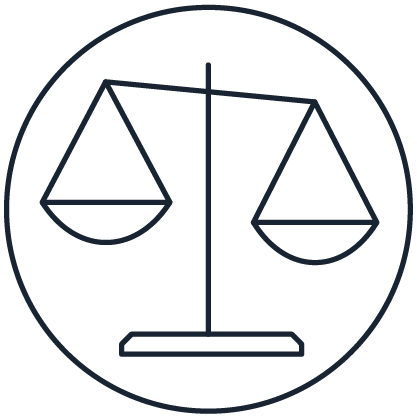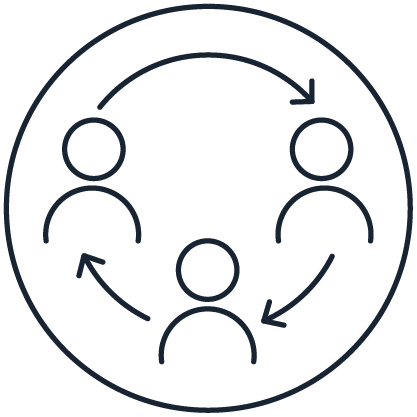The nomination form for an Open Education Award for Excellence (OEAwards) asks nominees to include a statement about how a person, resource, project or practice exemplifies one or more of the Principles of Open Education and/or aligns with the Goals of Open Education as described in the OEGlobal’s strategic plan, Open for the Public Good. We’ve outlined those principles and goals below.
A strong nomination will include a statement that makes clear a nominee’s demonstration of these elements of open education.
OEGlobal Principles of Open Education
Openness is guided by principles or characteristics of
- Non-proprietary – resources aren’t mine or yours – they’re shared!
- Participatory and inclusive – anyone can play an active and participatory role.
- Transparency – visibility, no black box, anyone can see the inner workings and assumptions.
- Shared decision making and control – no hierarchical command and control.
- Customizable – can be built upon; adapted to fit personal/local needs.
- Access – everyone has access through open permissions.
- Collaborative – ability to work together and enhance each other’s work.
- Iterative – release early and often, rapid prototyping, learn by doing, continuous improvement.
- Meritocracy – good ideas can come from anywhere, value diverse perspectives.
- Community – unite people around a common purpose.
OEGlobal Goals of Open Education

Open Education is Socially Just – Open education leads with antiracist, decolonized, inclusive, representative, and equitable perspectives so that every learner is heard, respected, and included. Open education is free of language, cultural, geographic, racial, and gender/identity barriers.

Open Education Is A Public Good – Open Education is a shared public good. The public has access to it and can use it to serve the public good. Open Education contributes to the UN Sustainable Development Goals (particularly goal 4), which ensures inclusive and equitable quality education and promotes lifelong learning opportunities for all people.

Open Education is Inclusive – Resources, pedagogical practices, and technologies are used to create accessible, affordable, adaptable learning resources and approaches that can be customized and localized. Open education is inclusive of language and culture.

Open Education is Accessible, Affordable, and Adaptable – Open education offers equal access to all forms of learning, both online and offline, in digital or physical form, in rural and urban areas, regardless of abilities, consistent with the principles of Universal Design for Learning. All learners can access open education resources at low cost to no cost. Open education resources can be translated, localized, improved, kept current, and personalized for each teacher and learner.

Open Education is Collaborative, Facilitated by Community and Stewards – Teachers, learners, and open education stewards work together to create, facilitate, and encourage open education, including open educational resources, open practices, and open pedagogies.

Open Education is Impactful – Open education maximizes education participation globally. The community measures impact, shares experiences, and promotes research supporting open education’s effectiveness and benefits. Open education is designed to sustain itself and persist by inspiring a culture of sharing, continuous improvement, and value co-creation.
Who deserves recognition? Share!
Use the #OEAwards hashtag • Connect with @oeglobal on the platforms you use!